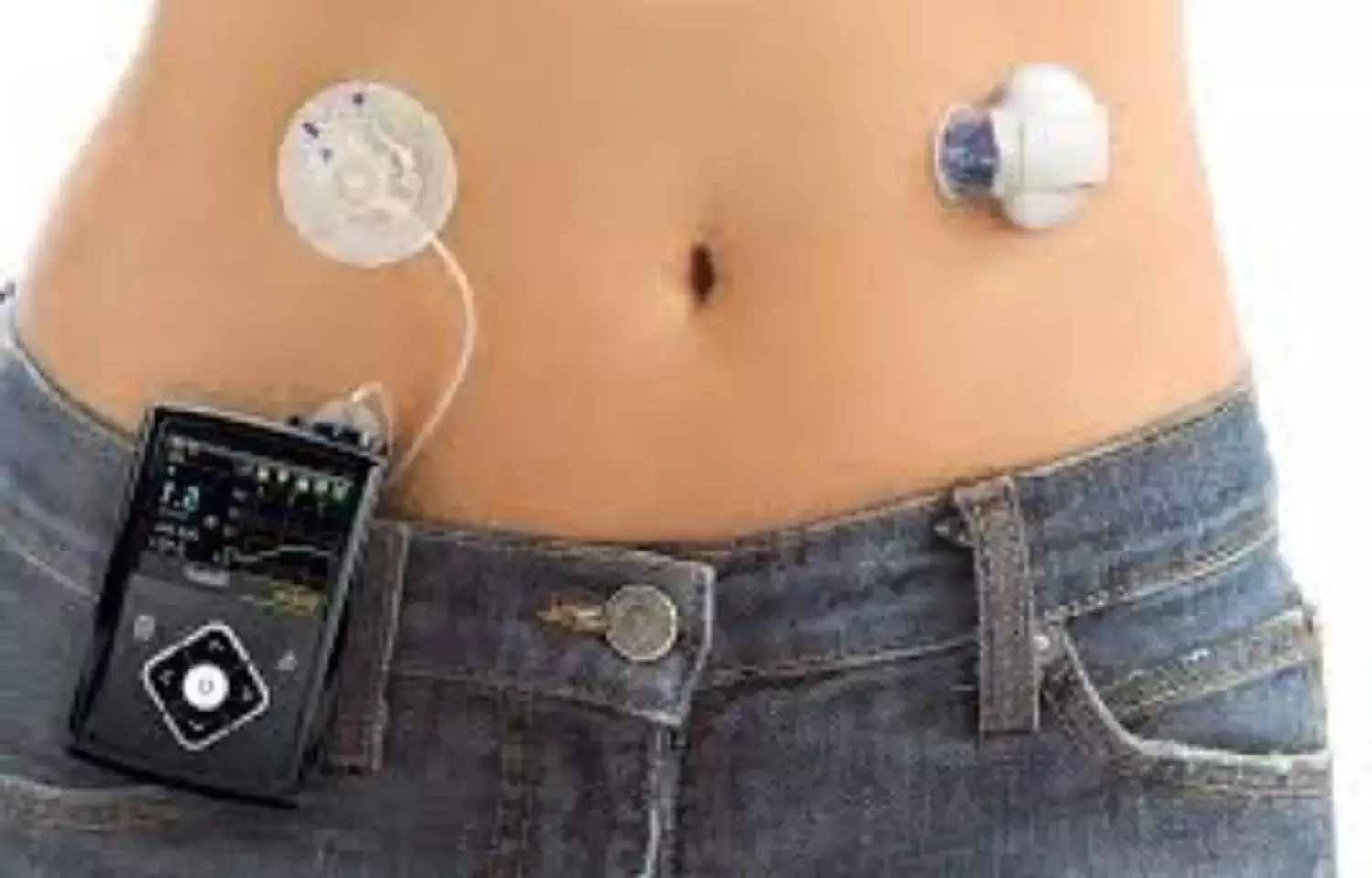- Home
- Medical news & Guidelines
- Anesthesiology
- Cardiology and CTVS
- Critical Care
- Dentistry
- Dermatology
- Diabetes and Endocrinology
- ENT
- Gastroenterology
- Medicine
- Nephrology
- Neurology
- Obstretics-Gynaecology
- Oncology
- Ophthalmology
- Orthopaedics
- Pediatrics-Neonatology
- Psychiatry
- Pulmonology
- Radiology
- Surgery
- Urology
- Laboratory Medicine
- Diet
- Nursing
- Paramedical
- Physiotherapy
- Health news
- Fact Check
- Bone Health Fact Check
- Brain Health Fact Check
- Cancer Related Fact Check
- Child Care Fact Check
- Dental and oral health fact check
- Diabetes and metabolic health fact check
- Diet and Nutrition Fact Check
- Eye and ENT Care Fact Check
- Fitness fact check
- Gut health fact check
- Heart health fact check
- Kidney health fact check
- Medical education fact check
- Men's health fact check
- Respiratory fact check
- Skin and hair care fact check
- Vaccine and Immunization fact check
- Women's health fact check
- AYUSH
- State News
- Andaman and Nicobar Islands
- Andhra Pradesh
- Arunachal Pradesh
- Assam
- Bihar
- Chandigarh
- Chattisgarh
- Dadra and Nagar Haveli
- Daman and Diu
- Delhi
- Goa
- Gujarat
- Haryana
- Himachal Pradesh
- Jammu & Kashmir
- Jharkhand
- Karnataka
- Kerala
- Ladakh
- Lakshadweep
- Madhya Pradesh
- Maharashtra
- Manipur
- Meghalaya
- Mizoram
- Nagaland
- Odisha
- Puducherry
- Punjab
- Rajasthan
- Sikkim
- Tamil Nadu
- Telangana
- Tripura
- Uttar Pradesh
- Uttrakhand
- West Bengal
- Medical Education
- Industry
Dual hormone or single hormone artificial pancreas- which is better in type 1 diabetes?

China: Dual-hormone artificial pancreas (DH) compared with single hormone artificial pancreas (SH) has a comparable effect on time in target in type 1 diabetes patients, says a new study in Diabetes, Obesity and Metabolism. DH compared with the SH slightly reduced time in hypoglycemia but was associated with an increased risk of gastrointestinal symptoms.
The study further revealed that when compared with sensor-augmented pumps (SAP)/ continuous subcutaneous insulin infusion (CSII), and predictive low glucose suspend systems (PGLS), DH was associated with a longer time in the target range.
Kai Yu Department of Science and Education, Peking University Binhai Hospital, Tianjin, China, and colleagues conducted the study with the objective to evaluate the efficacy and safety of a dual-hormone artificial pancreas in type 1 diabetes.
For this purpose, the researchers searched the online databases for studies published up to February 16, 2022. randomized controlled trials that compared DH with singlehormone artificial pancreas, continuous subcutaneous insulin infusion or sensor-augmented pumps, and predictive low glucose suspend systems in type 1 diabetes.
Percent time in target (3.9-10 mmol/L [70-180 mg/dL]) was the primary outcome. Data were summarized as mean differences (MDs) or risk differences (RDs).
Key findings of the study include;
- A total of 17 randomized crossover trials (438 participants) were included.
- There were nine trials of DH versus SH, 13 trials of DH versus SAP/CSII, and two trials of DH versus PLGS.
- For time in target, DH showed no significant difference in time in target compared with SH (MD 2.69%) but resulted in 16.05% and 6.89% more time in target range compared with SAP/CSII and PLGS, respectively.
- DH slightly reduced time in hypoglycemia (MD −1.20%) but increased the risk of gastrointestinal symptoms (RD 0.18) compared with SH.
"The findings indicate that DH therapy has a comparable effect on time in target range versus SH, and increased percentage of time in target range compared with SAP/CSII and PLGS, respectively," wrote the authors.
"The use of DH slightly reduced time in hypoglycemia compared with SH, SAP/CSII, and PLGS, and reduced time in hyperglycemia compared with SAP/CSII and PLGS."
DH may be associated with an increased risk of gastrointestinal symptoms, the authors note. Cost-effectiveness should be analyzed and compared between DH and SH in further research.
Reference:
Zeng B, Jia H, Gao L, Yang Q, Yu K, Sun F. Dual-hormone artificial pancreas for glucose control in type 1 diabetes: A meta-analysis. Diabetes Obes Metab. 2022 May 31. doi: 10.1111/dom.14781. Epub ahead of print. PMID: 35638377.
Dr Kamal Kant Kohli-MBBS, DTCD- a chest specialist with more than 30 years of practice and a flair for writing clinical articles, Dr Kamal Kant Kohli joined Medical Dialogues as a Chief Editor of Medical News. Besides writing articles, as an editor, he proofreads and verifies all the medical content published on Medical Dialogues including those coming from journals, studies,medical conferences,guidelines etc. Email: drkohli@medicaldialogues.in. Contact no. 011-43720751


